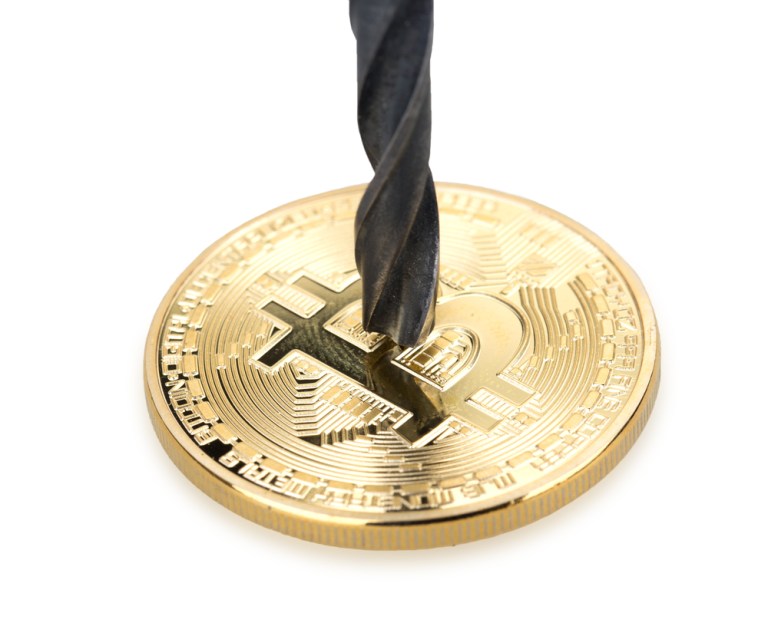Russian Central Bank Testing Digital Currencies

Russia is getting more into digital currency with the central bank in the country launching tests of several digital currency schemes.
According to a report in Reuters, the idea is to figure out which one would be the best for Russia, Olga Skorobogatova, the deputy chairwoman of the central bank, told TASS news agency late last week.
“Regulators of all countries agree that it’s essential to develop a national digital currency, that it is the future,” Skorobogatova said. “Each country will decide on specific timeframes for itself. Based on the pilot projects which we are conducting, we will understand which system we could use in our case for our national currency.”
Reuters noted that in the past Russian authorities have been weary of digital currency bitcoin, arguing it could be used for money laundering or to bankroll terrorism. The country treats bitcoin as an illegal currency, noted the report.
While the central bank in Russia may be skeptical about digital currency, the banks in the country don’t seem to share the same opinion. Late last month, Mastercard announced Russian financial firms working within the collaborative FinTech acceleration program Fintech Lab has chosen 12 FinTech startups they plan to mentor and guide through the program. According to a report, the banks include Ak Bars, VTB 24, Bank Saint Petersburg, Home Credit Bank and Absolut Bank. The 12 companies they are working with include 1C-SIM, a mobile identity and eSignature verification platform; DataFuel.ru, a social media- and transaction-based psychographic profile detection system; FinCase, a service to help banks automate portfolio management, focusing on mortgage and collateralized assets; Insurion, a platform for buying travel delay insurance; M4B, an online receivable-based financing service for eCommerce; Panda Money, a service that teaches kids financial literacy via gamification; Relation Rate, a scoring service that uses social media data and biometric identification tools; Right, a robo-advising platform to manage personal investment; Robin, a voice-identification and verification biometric service; Rubbles, an AI-based platform to personalize banking services for end-users; Sweet card, a service offering personalized cashback deals from retailers and uLime, a marketplace allowing for the additional monetization of a bank’s loyal audience.